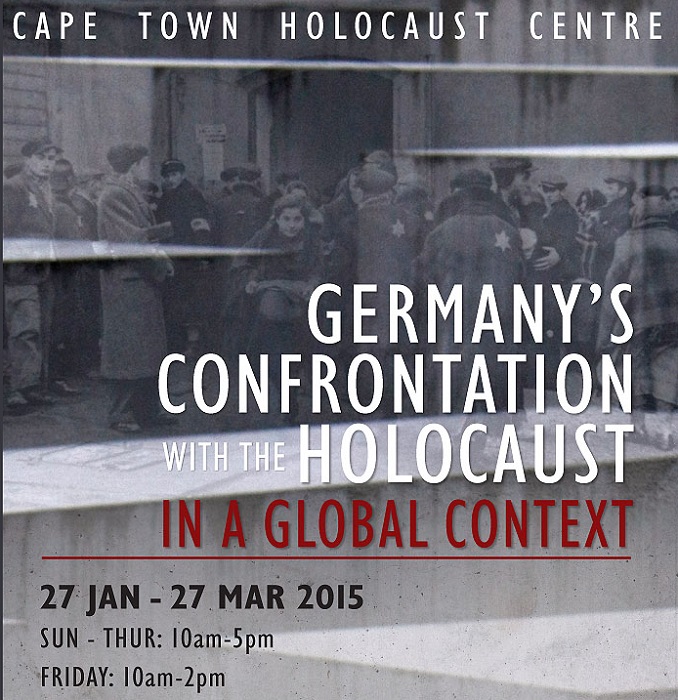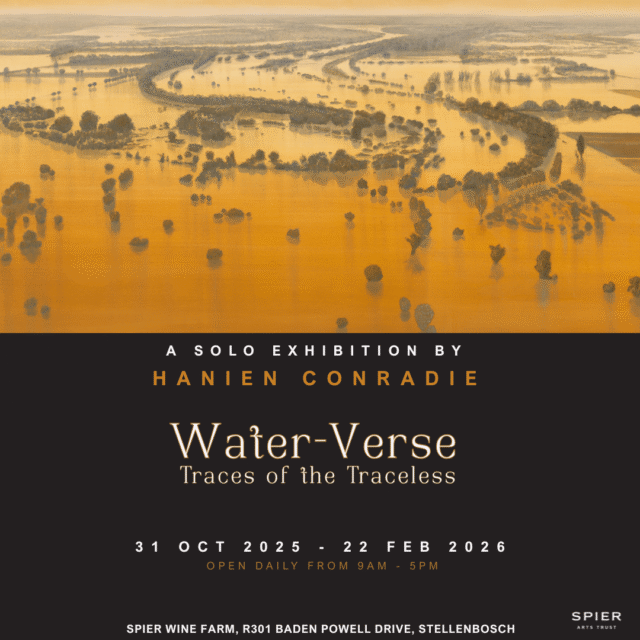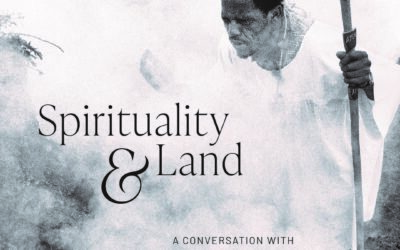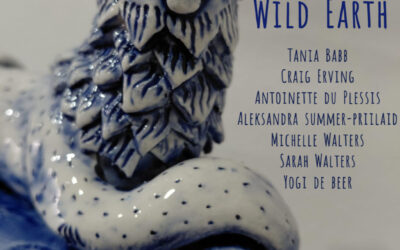As the world prepares to mark 70 years since the liberation of Auschwitz, an international exhibition looking at how Germany has confronted the Holocaust is unveiled at the Cape Town Holocaust Centre.
What can the world learn from the way Germany confronted its Nazi past?
Led by academics from the University of Leeds, Germany’s Confrontation with the Holocaust in a Global Context is part of a series of activities examining post-war responses of Germans to the crimes committed in their name: responses of silence, outrage, reconciliation and memorialisation.
To coincide with Holocaust Memorial Day on 27 January – 70 years since the Red Army liberated the camp, where more than a million people were killed – the exhibition opens simultaneously at Cape Town Holocaust Centre, England’s National Holocaust Centre and at the University of Leeds. The South African exhibition will move to the Holocaust centres in Durban and Johannesburg later in the year.
Richard Freedman, Director of the South African Holocaust and Genocide Foundation, said: “For South Africa, the relevance of this exhibition lies in the ongoing challenges faced by our own society in dealing with the legacy of the iniquities of a racial state.
“The work of the South African Holocaust & Genocide Foundation uses the platform of Holocaust history to engage South African society in the pressing issues of today. The process which Germany has followed since the end of the war may encourage us to continue with the processes of reconciliation which manifested so tangibly in the South African Truth and Reconciliation Commission, established in the first post-apartheid years.
“But this public process was not intended as an end in itself. As is evidenced in this exhibition, the coming to terms with the past needs constant vigilance and commitment. It is hoped that as this exhibition travels around South Africa it will help stimulate the reflection, conversation and action so essential for the healing of a deeply wounded society.”
Professor Stuart Taberner, Professor of Contemporary German Literature, Culture and Society at Leeds, is leading the international project, which is the culmination of a year-long public engagement programme funded by the Arts and Humanities Research Council.
He said: “The exhibition looks at the way Germans have tried, often with admirable honesty but sometimes less openly, to face up to the Holocaust and the way other countries deal with their own difficult pasts – and difficult presents.
“For North Americans and Europeans, these include slavery and colonialism, such as Britain’s less than glorious legacy of decolonialisation in Kenya or rule in Ireland. In South Africa, there is apartheid, and before that the long history of inter-communal conflict and oppression.”
Professor Taberner added: “However loudly we recite the lesson of the Holocaust – ‘never again!’ – we seem unable to prevent new mass killings in Kosovo, Rwanda, Darfur, or, right now, Iraq and Syria. Intolerance of others underlies these atrocities, just as it drives radical Islamists to gun down cartoonists in Paris.
The touring exhibition will also be displayed in Nottingham, Coventry, Aberystwyth, Chester, Birmingham, Newcastle and Durham, as well as Cork, Copenhagen and the University of Notre Dame in Indiana, USA.
WHERE: Cape Town Holocaust Centre, Hatfield Street, Cape Town 8001
WHEN: from 27 January, 2015
INFO: Richard Freedman, Director, South African Holocaust & Genocide Foundation, T +27 21 462 5553 or rfreedman@holocaust.org.za






